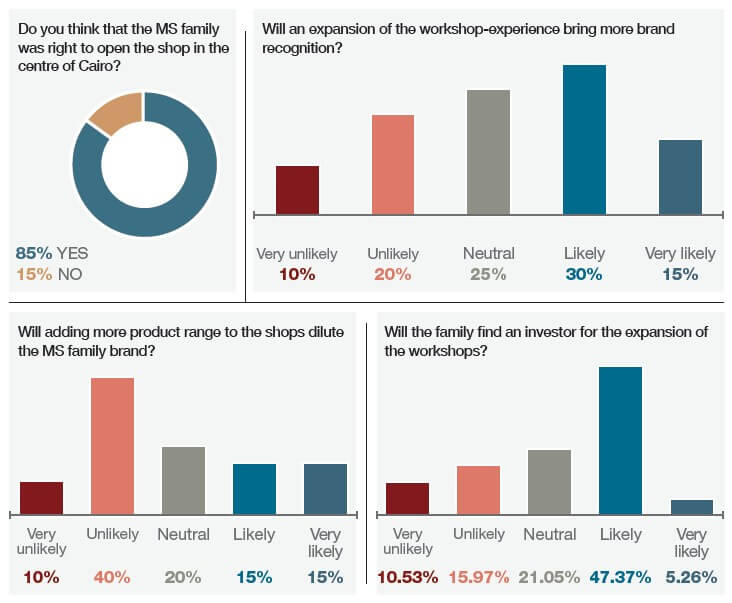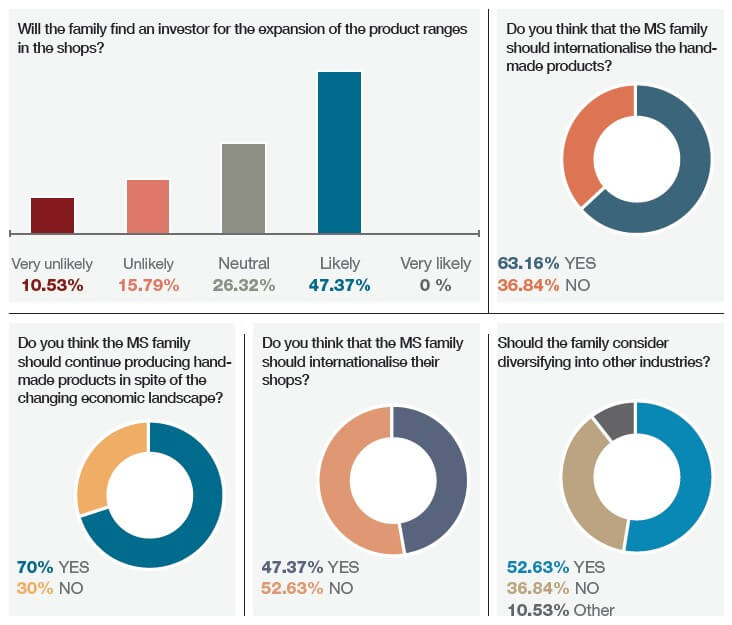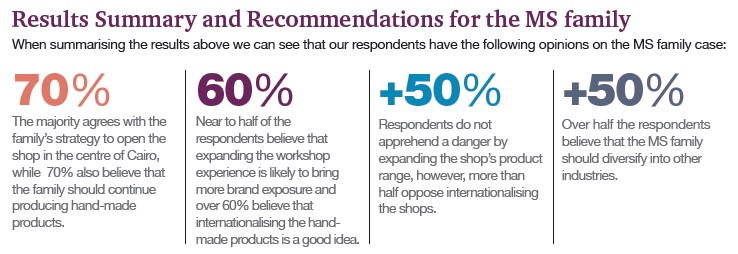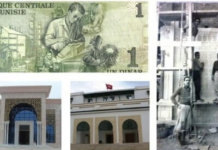Image source: Pixabay via Pexels
In the early 1940’s MS immigrated from the South of Egypt with his wife and three children to begin his first workshop in a narrow street in old Cairo. He designed and manufactured bags, chairs, vests, belts, decoration items and more. MS developed a sense of perfectionism in his work detailing his products to into the smallest detail. Employees were trained with much care and over a long period of time. Soon MS’s reputation for top quality products was known to the rich of Cairo. MS became a brand and demand continued to increase; the workshop expanded three times within five years. MS’s eldest son AMS, who trained from a young age in the workshops had a real passion for leather and soon joined his father in the business.
Egypt changed dramatically during the 70s; new consumer behaviours and tastes emerged. The MS family business started to adapt to the new trends. The family created new workshops that produced different lines of products at lower prices but remained loyal to their values and style.
As the second son MMS and his sister NMS graduated from university, they joined their father and elder brother in the business. Their talents were more commercial. Seeing the growing demand from the new middle class, they proposed to open a first shop for their products. MS and AMS were very hesitant to get into the retail business. What had always differentiated them from other manufacturers was that the client could come to the workshop and see the birth of each product. At the same time AMS as well as his father wanted to involve the rest of the family to ensure the continuity of the family business.
The first shop was established and run by the two younger siblings in a highly frequented area in old Cairo. The old workshops continued to be frequently visited by loyal clients. Soon, the family decided to open a bigger shop in the business centre of Cairo. However, competition did not spare them and many shops started imitating the MS products and selling them at lower prices.
In the mid-70s Egyptian consumers wanted to have even cheaper products. They did not mind the quality so much because the country had opened its markets to the import of cheaper foreign goods. The MS family workshops remained profitable but the question was for how long. The family met to discuss the situation.
AMS proposed to expand the workshops into other areas in Cairo and to compete through their high quality, hand-made products. He worried, however, that the industrialisation of leather products would slowly destroy the market for handmade goods. Pricing and volume would be an issue.
MMS and his sister NMS proposed to expand the shops and to sell other products that were not produced by the family at lower prices to attract the class of consumers that does not identify itself with handmade products. But they could also see that this could dilute the brand of MS products.
Tharawat Magazine, Issue 14, 2012




















